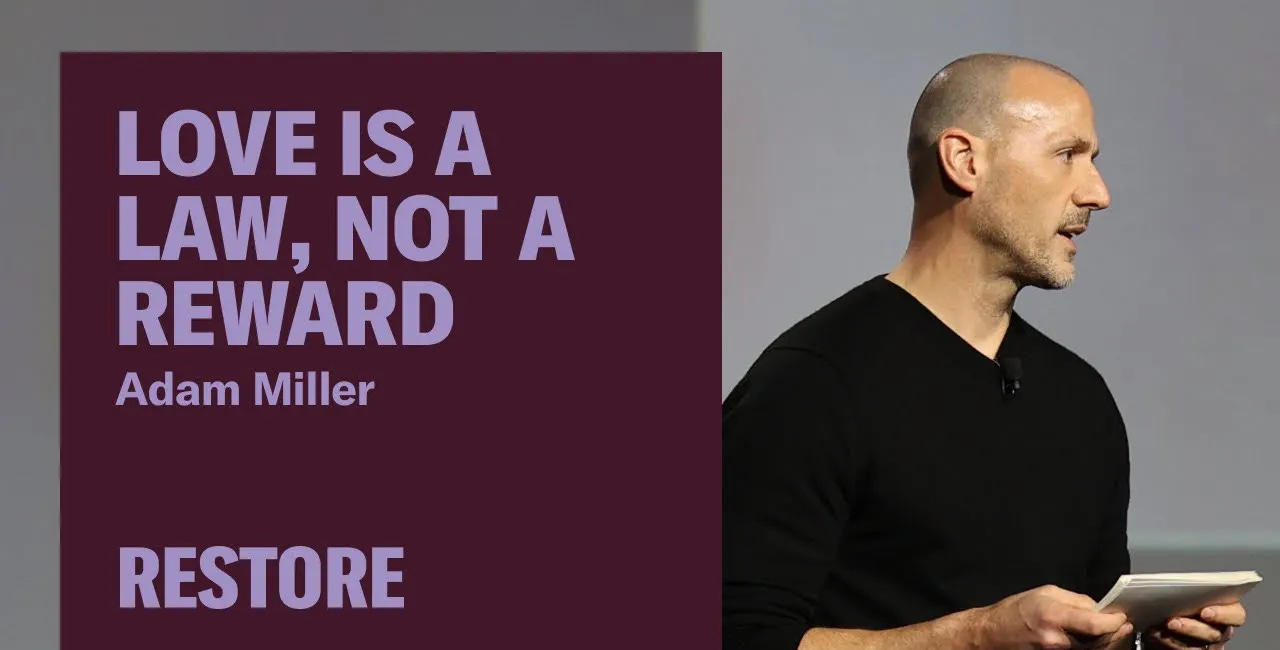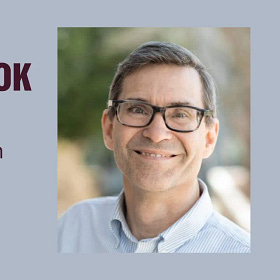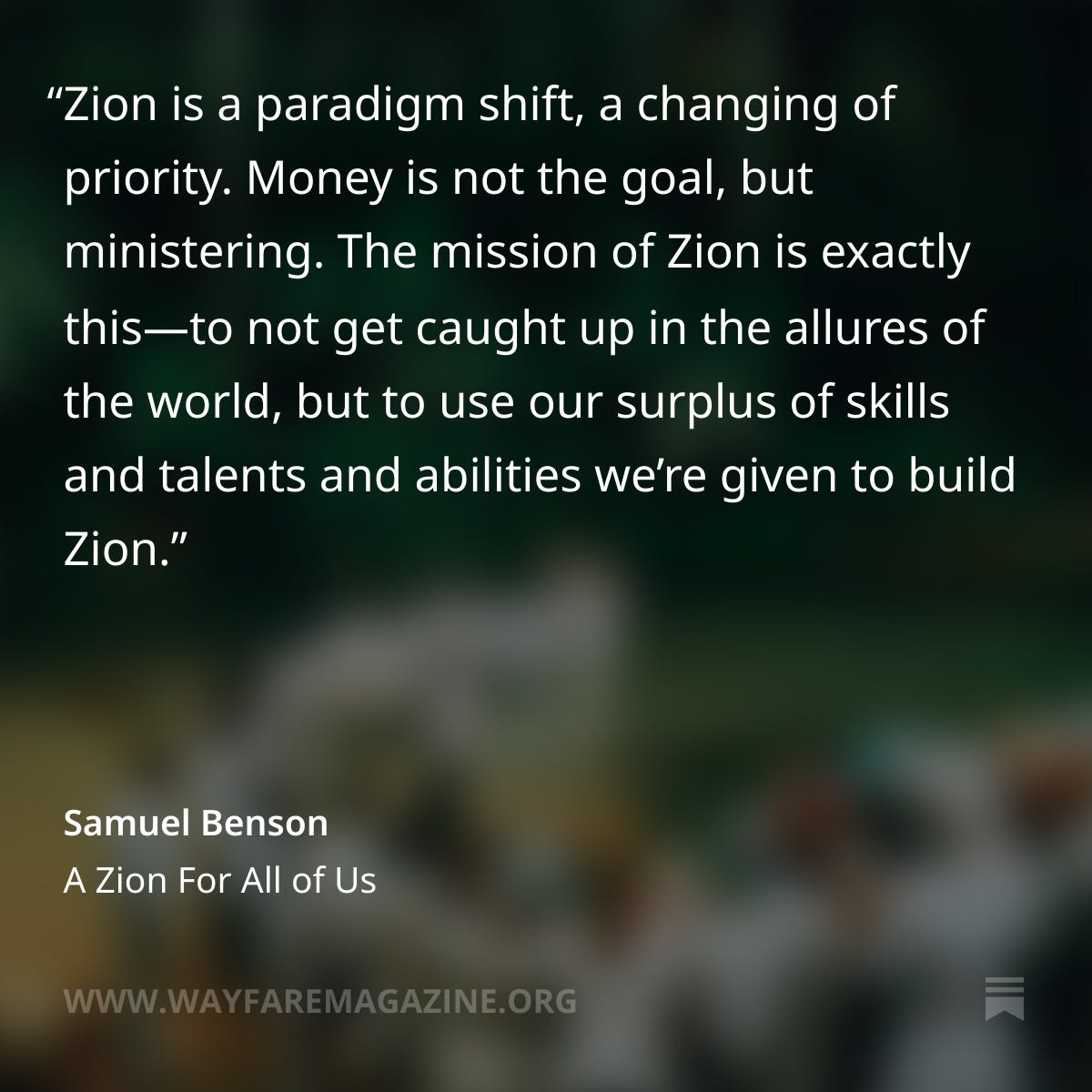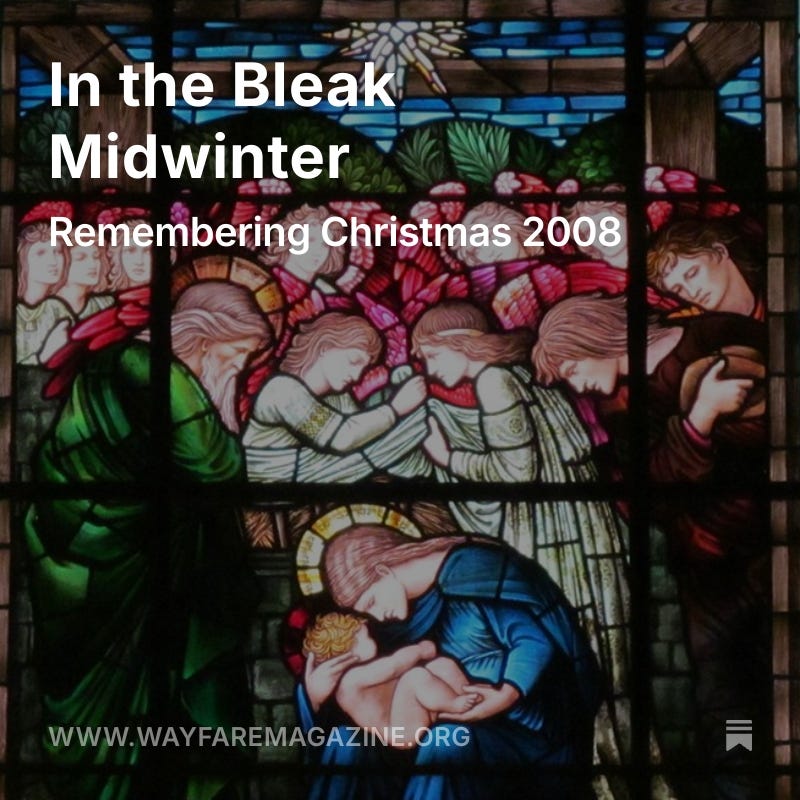How might we relate to God's laws?
Faith Matters resources to accompany your Come Follow Me study: April 28-May 4
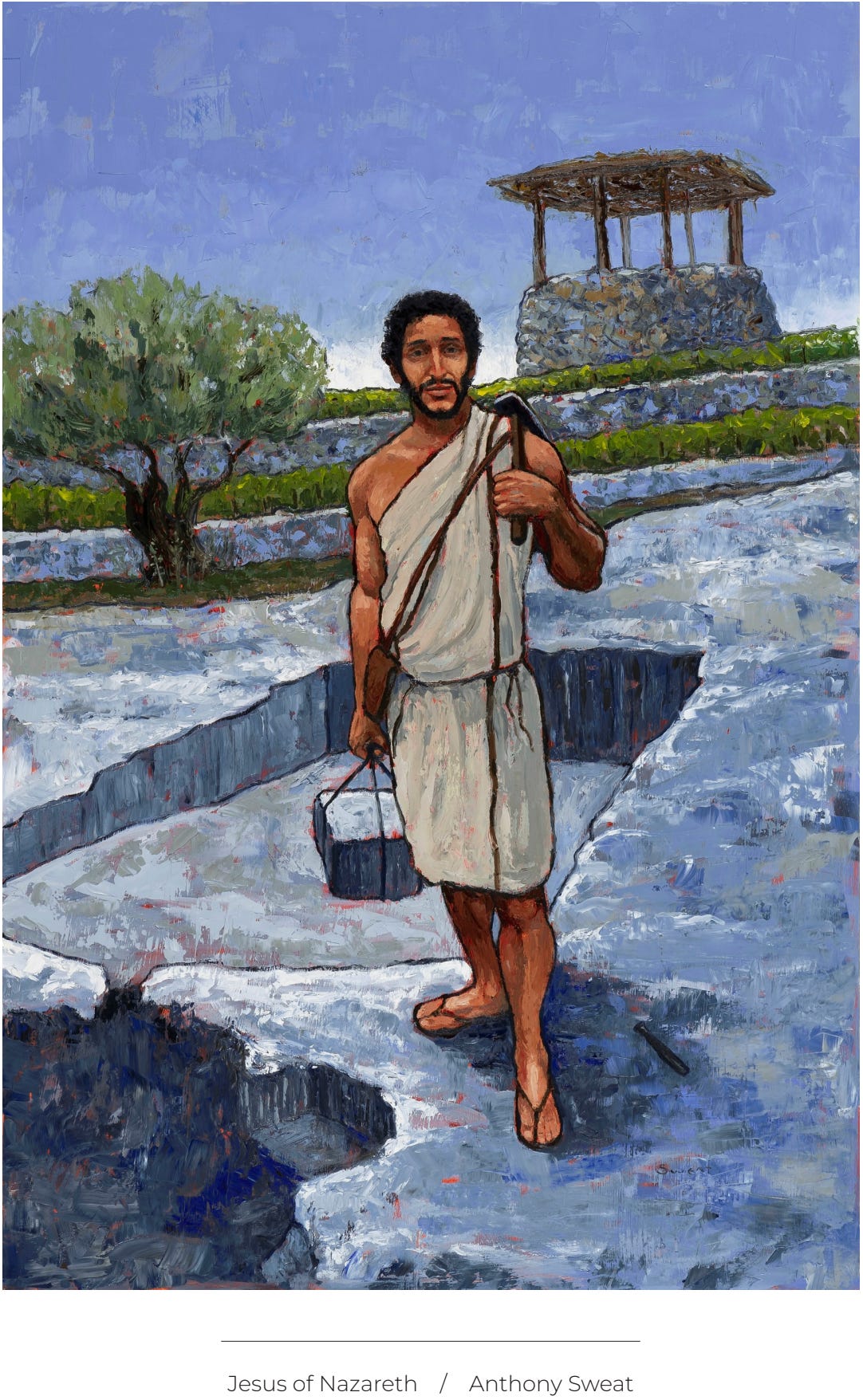
“He that receiveth my law and doeth it, the same is my disciple.” A disciple is someone who receives God’s law and obeys it. The Lord gives me commandments because He loves me. I am happy when I obey the Lord.
Jesus is teaching that the rules point to something, but the rules aren’t the point. In shifting our orientation, the law loses its bite. When the law says, “don’t kill,” Jesus points to “love God and love your neighbor.” When Jesus says, “don’t be angry,” He’s still pointing to “love God and love your neighbor.” Look at what the law is pointing to; that’s what He’s teaching. …
It’s the karate kid sanding the floor and waxing the car. It’s going through motions, through rituals or habits, in hopes that they may lead to something good. It’s the children of Israel looking to the serpent on the staff, and it’s trying different parenting approaches. It’s the bird flapping in imitation of the other birds. These works are a vehicle to grace. They school us in how to draw peace from conflict, clarity from heartfelt prayer, or joy from a chaotic evening bath time. …
Sometimes a subtle word change can alter the way I engage. Instead of going to church, I could worship at church. Instead of being an active Church member, I could be a practicing member. Instead of saying my prayers, I could seek communion with God. Each of these shifts challenges me to see if I’m coming from a place of complacency, seeking, or loving engagement. It keeps me open to relationship.
When I find myself frequently thinking, “Let’s get through family prayer and scriptures so we can go to bed,” I can shift to a more seeking attitude: “Let’s reach for some good to come from all this wrangling.” As I practice, gracing sometimes emerges in the form of meaningful interactions or deepened understanding. More and more, I hope to embrace these experiences.
Life is busy, no doubt. And it can easily become a long list of empty nothings if we constantly find ourselves checked out or oblivious to our divine partner. We may think we’re on our way to heaven as we do all the right things, but in this frame of mind, we could arrive in heaven and not even know it. All these works, even if performed exactly and by the book, will be hollow. They will fail to transform us. They won’t help us fly.
Going deeper, we can repurpose our tools. Learning to bring God’s music into our activities often requires practice. Our intention shifts. We say yes to God. We invite God into the process, even if the end result is unknowable or undefined. It’s characterized by hope and seeking. It has a wholly and holy different feel.
When loving, grace-filled partnerships arise, we rejoice in the truths we have discovered with the people we love. We do good from a place of communion with God. Life here feels like the call and response of a harmonious conversation between two violins. Here we’re serving or praying or playing or exploring math because those activities are intertwined with divine joy, peace, love, or power. They teem with truth, wisdom, or light. We are the bird flying, flapping our wings or soaring in the updrafts. The law is written on our innermost parts, engraved on our hearts (Jer. 31:33). We live the law in response to the crux of all the commandments: love God and love your neighbor (Matt. 22:36–40). As in Jesus’s parable of the vineyard workers, we stop worrying about who has labored longer, and instead rejoice for all who have learned to live in Christ—whether that realization came early or late in the day (Matt. 20:1–16). Works performed in response to grace are an expression of our intimate connection to God and all creation. We’re in partnership with God—in gracing.
—Hannah Packard Crowther, Gracing
Adam Miller : Love is a Law, Not a Reward
There is no commandment in any scripture delivered from any pulpit by any prophet in any age to make myself into someone that God could finally love. There is no commandment to make myself perfectly lovable. It is impossible to keep this commandment, this imaginary commandment to be perfectly lovable, because God never gave it. And for this same reason, it's impossible to break this commandment. It's impossible to break a commandment that God never gave. There is instead, as Steve Young reminds us, always and only the single, eternal, unconditional commandment to do love's work. To love God with all my heart and then to join God in the hard work of loving others.

“Remember the poor.”
Grant Hardy: Tough Love from the Book of Mormon
We loved talking with Grant Hardy on the Book of Mormon, and for us, some of the most powerful moments of the conversation were his reflections on how the Book of Mormon is calling us, as a people, to hold up the mirror and ask what we can do better. You’ll hear Grant specifically bring up the topic of how we as a church use and disclose our financial resources. We want to note that this part of the conversation is challenging—and while the views Grant shares, like those of all guests we have, are his own, we really appreciate his vulnerability and willingness to engage these tough issues.
God gives revelation to guide His Church—and to guide me.
Is it ok to try to fix the Church?
Faithful Church members believe that Church leaders determine policy and doctrine based on the principle of revelation: communication from God to humans authorized to act for him.
But how does that revelation happen? On that answer hinges the larger question of whether agitation and provocation are, or can be, helpful or appropriate.
Though there’s certainly much more nuance to it than this, it may be fair to consider two competing revelatory schools of thought; let’s call them the text message theory and the buffet theory.
What is a prophet, and what is a priest?
Why does it matter that the President of the LDS Church is both a prophet and a priest? How can better understanding each of those roles change how we experience our membership in the Church? Learn from Matthew Bowman in “The Prophet and the Priest,” an essay on WayfareMagazine.org:
From The Big Questions Project: In the past, church leaders have made some significant mistakes. How much should I rely on pronouncements and teachings of our leaders today?
I am serving Jesus Christ when I serve others.
Read a moving story of service given and received across lines that had once felt divisive in “In the Bleak Midwinter”:





